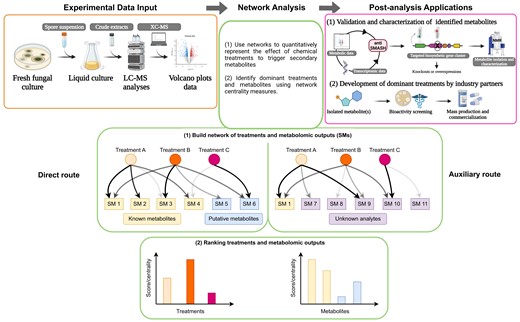2024-01-17 ニューサウスウェールズ大学(UNSW)
◆この試験では、smart±stepエクササイズゲームコンソールを使用し、コントロールグループと比較して転倒を26%減少させました。被験者は12か月間、週に120分のsmart±stepエクササイズゲームを行い、エクササイズ介入を受けたグループは、研究期間中に転倒した人の割合がコントロールグループよりも有意に低かったです(エクササイズグループ36%、パンフレットグループ48.2%)。
◆研究者は、転倒の影響に対処するために、楽しくてアクセスしやすいバランスチャレンジングなエクササイズを提供することを目指しています。ただし、この研究のサンプルは主に高学歴かつ高機能な個体で構成されており、もろい高齢者への一般化には限定的です。
<関連情報>
- https://newsroom.unsw.edu.au/news/health/gamified-home-exercises-can-help-prevent-falls-older-people
- https://www.nature.com/articles/s41591-023-02739-0
地域在住高齢者の転倒予防のためのエクサゲームと認知トレーニング:無作為化比較試験 Exergame and cognitive training for preventing falls in community-dwelling older people: a randomized controlled trial
Daina L. Sturnieks,Cameron Hicks,Natassia Smith,Mayna Ratanapongleka,Jasmine Menant,Jessica Turner,Joanne Lo,Carly Chaplin,Jaime Garcia,Michael J. Valenzuela,Kim Delbaere,Robert D. Herbert,Catherine Sherrington,Barbara Toson & Stephen R. Lord
Nature Medicine Published:16 January 2024
DOI:https://doi.org/10.1038/s41591-023-02739-0

Abstract
Exergame training, in which video games are used to promote exercise, can be tailored to address cognitive and physical risk factors for falls and is a promising method for fall prevention in older people. Here, we performed a randomized clinical trial using the smart±step gaming system to examine the effectiveness of two home-based computer game interventions, seated cognitive training and step exergame training, for fall prevention in community-dwelling older people, as compared with a minimal-intervention control group. Participants aged 65 years or older (n = 769, 71% female) living independently in the community were randomized to one of three arms: (1) cognitive training using a computerized touchpad while seated, (2) exergame step training on a computerized mat or (3) control (provided with an education booklet on healthy ageing and fall prevention). The rate of falls reported monthly over 12 months—the primary outcome of the trial—was significantly reduced in the exergame training group compared with the control group (incidence rate ratio = 0.74, 95% confidence interval = 0.56–0.98), but was not statistically different between the cognitive training and control groups (incidence rate ratio = 0.86, 95% confidence interval = 0.65–1.12). No beneficial effects of the interventions were found for secondary outcomes of physical and cognitive function, and no serious intervention-related adverse events were reported. The results of this trial support the use of exergame step training for preventing falls in community-dwelling older people. As this intervention can be conducted at home and requires only minimal equipment, it has the potential for scalability as a public health intervention to address the increasing problem of falls and fall-related injuries. Australian and New Zealand Clinical Trial Registry identifier: ACTRN12616001325493.


